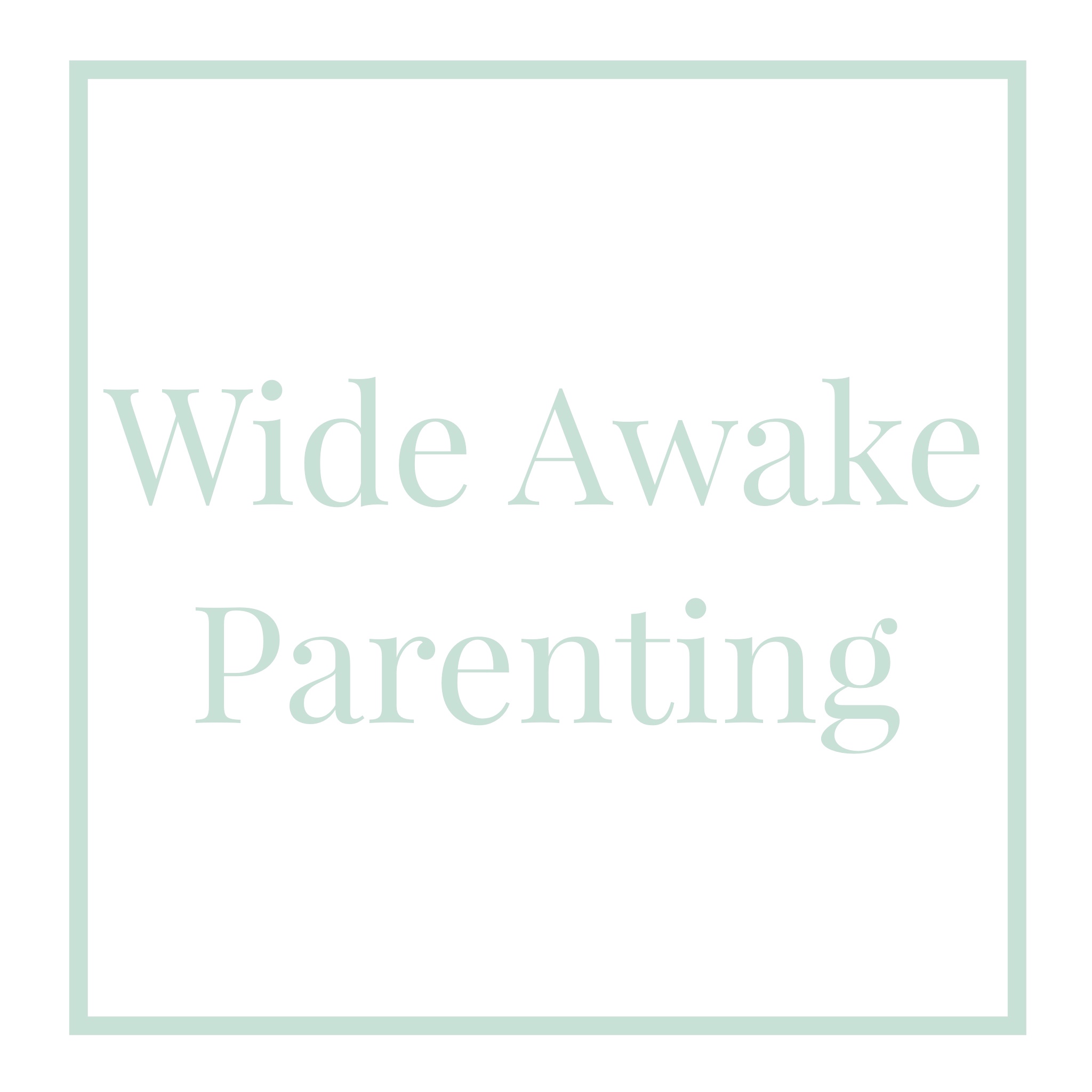3 Things to Do Right Now for a Child with ADHD
How we as parents and professionals support these kids now will make a difference in how soon that hopeful future comes. The following tips will help decrease your child’s anxiety and support them in navigating their day to day tasks while beginning to build their own self-regulation.
1. Be crystal clear. A child with ADHD symptoms needs information to be explicit and straight forward. No implying how you would like them to behave or what the expectations are- you may think you are being polite by doing this but you are actually confusing the heck out of them. This is especially confusing to parents when their child or teen has an area of real intellectual strength, we often assume this strength is across the board, instead of factoring in areas of cognitive strength and cognitive weakness, to exacerbate this your child may also be exhausted trying to hide this weaker area. So be super clear with them about your feelings, (some kids with ADHD have difficulty reading facial expressions), your expectations in your household and any tasks you want them to complete. My take away message here is: Don’t assume your child is oppositional (which basically infuriates you and is not helpful to your relationship) assume instead that they are motivated but momentarily confused! This approach goes a long way in decreasing the likelihood they actually do become oppositional and defiant.
2. Help them get organized. Your other children remember their own homework, right? Their room is not a disaster zone, and they don’t require you to turn around 3x a week for a forgotten back pack or book so you KNOW it’s possible for you other child to do this, right? Well, not if your other child really does have ADHD. We hear this diagnosis thrown around so much that I think parents can be shocked at how debilitating it can be for some kids. With lots of proper intervention your child can improve and with consistent intervention they will. Kids want to succeed but we need to give them a map. For your child with ADHD this means lots of checklists for everything you expect them to do regularly, weekly back pack clean outs and reorganizations, scheduled room cleanings and talking to school about a set of textbooks for at home. This requires a lot of work for the adults in your child’s life but to be honest, aren’t you working overtime on this stuff already? Don’t wait for them to get organized, show them how it’s done and help them keep the structure on a weekly or daily basis depending on their age and your expectations. Each time the family schedule changes or it’s a new school year you will have to show them how to reorganize their system. All this hard work is helping them internalize this structure to one day manage on their own.
3. Pay attention to feelings. Of course I’m going to say this but here is why it is so important for these kids impaticular. Often academic difficulty is the triggering event that gets parents, teachers and kids together in a conversation about ADHD or the possibility of ADHD. But there is a lot going on beyond school work issues. Kids with ADHD can feel so anxious or depressed trying to keep up with their school work or feeling embarrassed that they are falling behind or that they get in trouble more than peers or siblings. Children with ADHD are bullied or excluded at higher rates than children with out ADHD. That is a lot to emotionally manage. Your child will need your support and perhaps professional resources to learn to appropriately manage these tough feelings instead of either isolating or having multiple outbursts a day. So start labeling your feelings and theirs. By making feelings a part of your daily conversation they are going to learn to identify their emotions and then can begin to build on problem-solving the tough ones. By being curious and non-judgmental about their experience (2 of your mindful parenting techniques) you are validating their feelings and they begin to gain insight and create an authentic identity beyond ADHD. This intervention also helps them to trust you on a deeper level. These check ins remind them that you have their back, which for someone struggling means the world.
Clear expectations, organization and emotional skill building are useful tools for us all, and will decrease anxiety in all of us, so set this parenting intention today no matter who your child is.
I hope you are feeling empowered after reading these tips, however please be mindful that telling your child you think they have, any diagnosis, including ADHD will likely increase their anxiety so please chat with a mental health professional or your child’s pediatrician and get more information for them, like an explicit plan, before you share your concerns.

